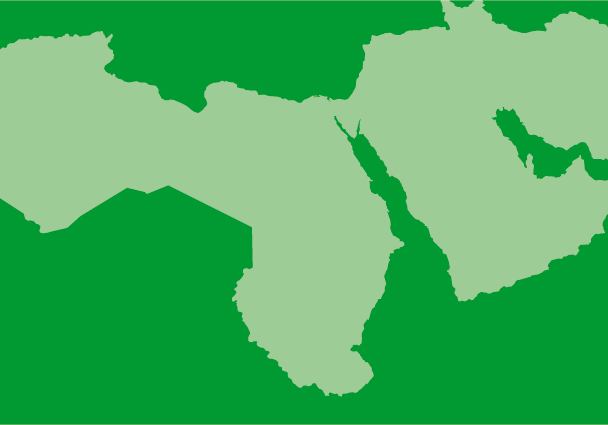The ICJ has received from its West Bank affiliate, AI-Haq (ie. Justice), the following report dated 15 July on the siege of the town of Beit Sahour.
“The town has now been under continuous curfew since the evening of Thursday, July 7, with only a two-hour reprieve, and all communication lines with it have been cut by the army. Our information on Beit Sahour is based on a visit to it by five staff-members from Al-Haq on 7 July 1988, only hours before the curfew was imposed, testimony from various residents, and press reports.
The merchants of the town of Beit Sahour near Bethlehem have since the beginning of the uprising refused to pay taxes to the Israeli military government. They reject Israel’s right to levy these taxes because there is no financial accountability, no services are provided in return for them, and they refuse to pay the value-added tax (vat) because it was introduced after the beginning of the Israeli occupation and is thus in clear contravention of international law. The tax revolt is seen as an integral part of the campaign of civil disobedience/disengagement being waged by Palestinians under occupation, and has by all accounts found near-unanimous support in Beit Sahour.
At approximately 5:30 am on Thursday, July 7, a detachment of soldiers entered Beit Sahour, began randomly breaking into homes, and confiscated a large number of identification cards, as well as unknown quantities of gold, money, and private cars, all without legal proceedings or a court order. Residents were told that they could retrieve their belongings only after they went to the military authorities and proved that they have paid all their taxes. In a spontaneous protest against these arbitrary measures, which are not even provided for in the orders promulgated by the Israeli military government, several hundred residents went to the municipal building and handed in their Israeli-issued identity cards. The army then began to make large-scale arrests, which were accompanied by confrontations between residents and soldiers and the beating of a number of civilians. Later that evening Beit Sahour was put under a 24-hour continuous curfew which has only been lifted for two hours since. All telephone communications with Beit Sahour have also been cut.
AI-Haq has received reports of yet more raids, the confiscation of more private cars, again without legal proceedings and, in addition to continuing arrests, the placement of 8 residents under administrative detention (renewable periods of 6-month detention without charge or trial).
Our greatest concern at this point is that the curfew and cutting of communications, besides causing hardship in and of themselves, make it virtually impossible to monitor the human rights violations which have been known to accompany such measures in the past. The curfew in Beit Sahour is a form of collective punishment which affects all residents including children and the elderly. (Collective punishments by an occupying army are a violation of the Fourth Geneva Convention). Additionally, the random confiscation of private property is an arbitrary and illegal practice which should cease at once.”
The International Commission of Jurists joins its affiliate in condemning these acts of the army as illegal.





